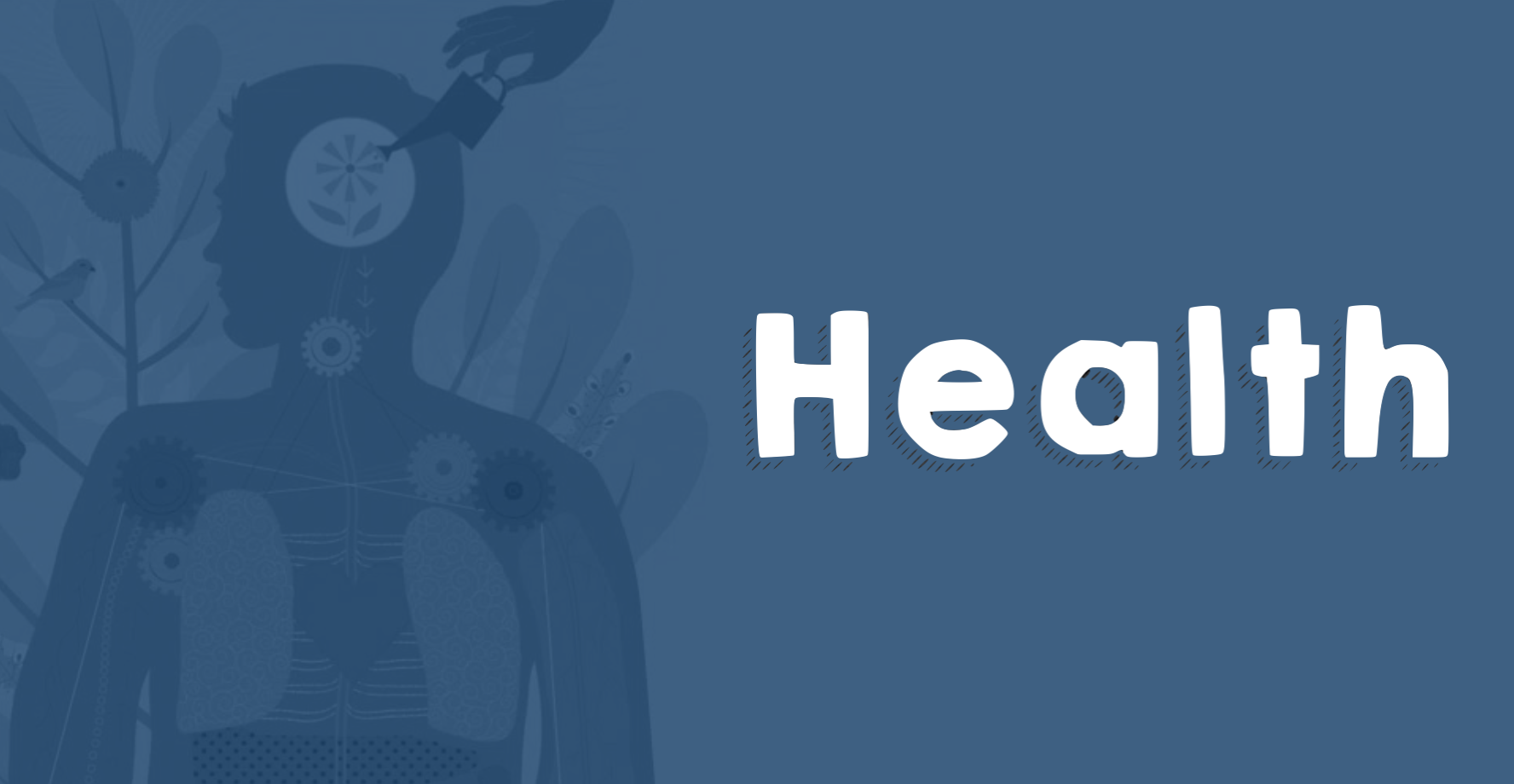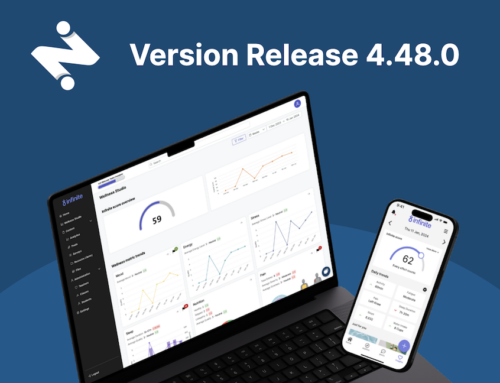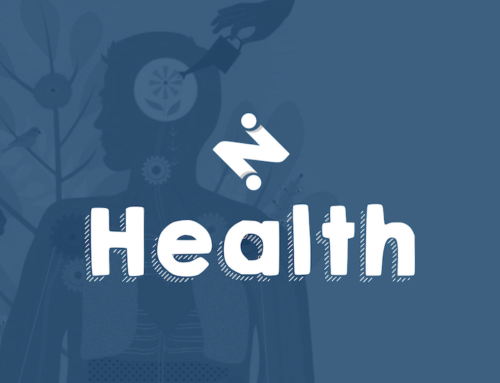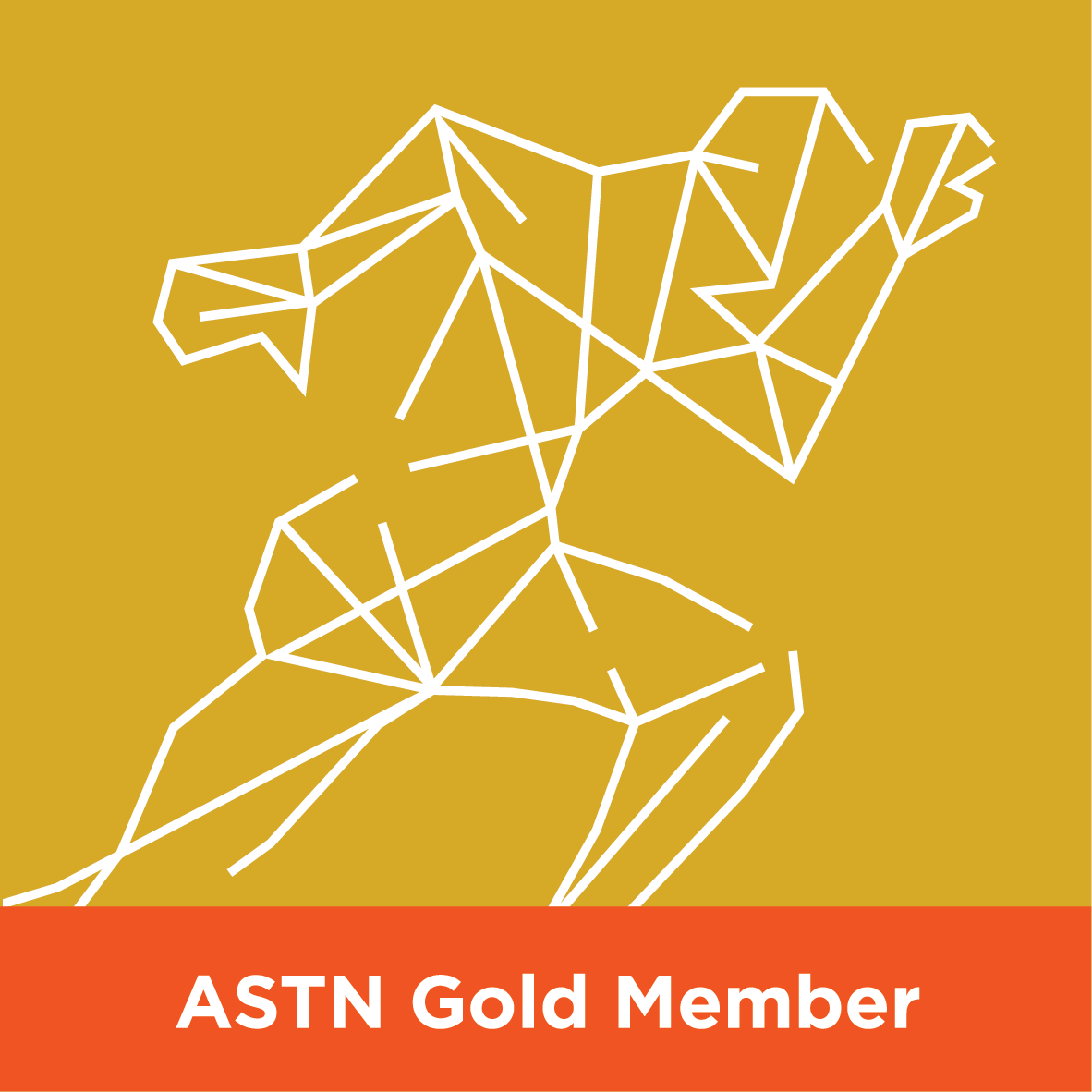Navigating between wellbeing and health requires not only awareness but also a solid grasp of the core concepts that shape our understanding. Wellbeing often means different things to different people. So to set the context, let’s dive in and explore what it is, and how it relates to health.
The Essence of Wellbeing

At its core, wellbeing is the state of being comfortable, healthy, and happy. However, it extends far beyond this simple definition. It envelops a wide spectrum of elements, encompassing not only physical and mental facets but also emotional and social dimensions. As we explore wellbeing, it is imperative to recognize the pivotal role played by our relationship with our own self. This self-connection is often the key to unlocking wellbeing understanding, and ultimately driving improvements.
Understanding Health’s Evolution
The World Health Organization (WHO) offers a widely accepted definition, describing health as “a state of complete physical, mental, and social wellbeing, not merely the absence of disease or infirmity.” Differing perspectives, such as that of the World Economic Forum (WEF), view health as the ability to adapt and self-manage amid physical, social, and emotional challenges. The National Wellness Institute (NWI) takes a distinctive route, defining health as a dynamic equilibrium between physical, mental, emotional, social, and spiritual wellbeing. The emphasis on “self” here is noteworthy.
The Dimensions of Health

Let’s break down these definitions for clarity. Firstly, health can be perceived as the absence of disease or impairment—a straightforward understanding. Secondly, health encompasses the state of being equipped to cope effectively with life’s demands, hinting at the absence of disease and impairment. Thirdly, health is portrayed as an equilibrium, a harmonious alignment within oneself and with the social and physical environment—a balance that hinges on the concept of “self.”
Health embodies physical, mental, emotional, social, and even spiritual aspects—an all-encompassing, holistic approach. An imperative understanding is that both individuals and health professionals share a mutual responsibility in nurturing health. The concept of “self” here stretches to accountability, recognizing one’s agency over their wellbeing and health journey.
Unveiling Misconceptions
Within wellbeing and health, misconceptions often cloud things for us. One of the most prevailing misunderstandings is equating mental health with overall wellbeing. While interconnected, they stand as distinct entities. Mental health is a facet of wellbeing, a piece of the puzzle, and discerning between them is paramount.
Another myth that needs dispelling is the notion that mental health issues signify weakness. This notion is unequivocally false. Just as physical health woes are common, so are mental health challenges. These issues transcend strength and resilience, impacting individuals across the spectrum.
Additionally, a misperception may arise concerning the correlation between mental health and one’s performance. Contrary to this notion, mental health struggles don’t inherently impede high performance. Athletes who have openly shared their battles with mental health attest to this, showcasing triumph over challenges.
Interconnected Realities
The linchpin to remember is that health, overall wellbeing, and personal performance are intimately interwoven. Addressing one dimension can pave the way for preventing issues in the other facets, and vice versa. Our understanding of these concepts and our awareness of the myths that shroud them holds the potential to empower both individuals and organizations to create environments where potential can flourish.
In Part 2 of this series, we will dive deeper into the similarities, distinctions, and strategies to initiate dialogues about these crucial subjects within your organization.
Explore iNSPIRETEK’s innovative solutions designed to enhance the overall wellbeing and health of athletes and students. Contact us today for a demonstration of how our platform can unlock the full potential of your organisation.





